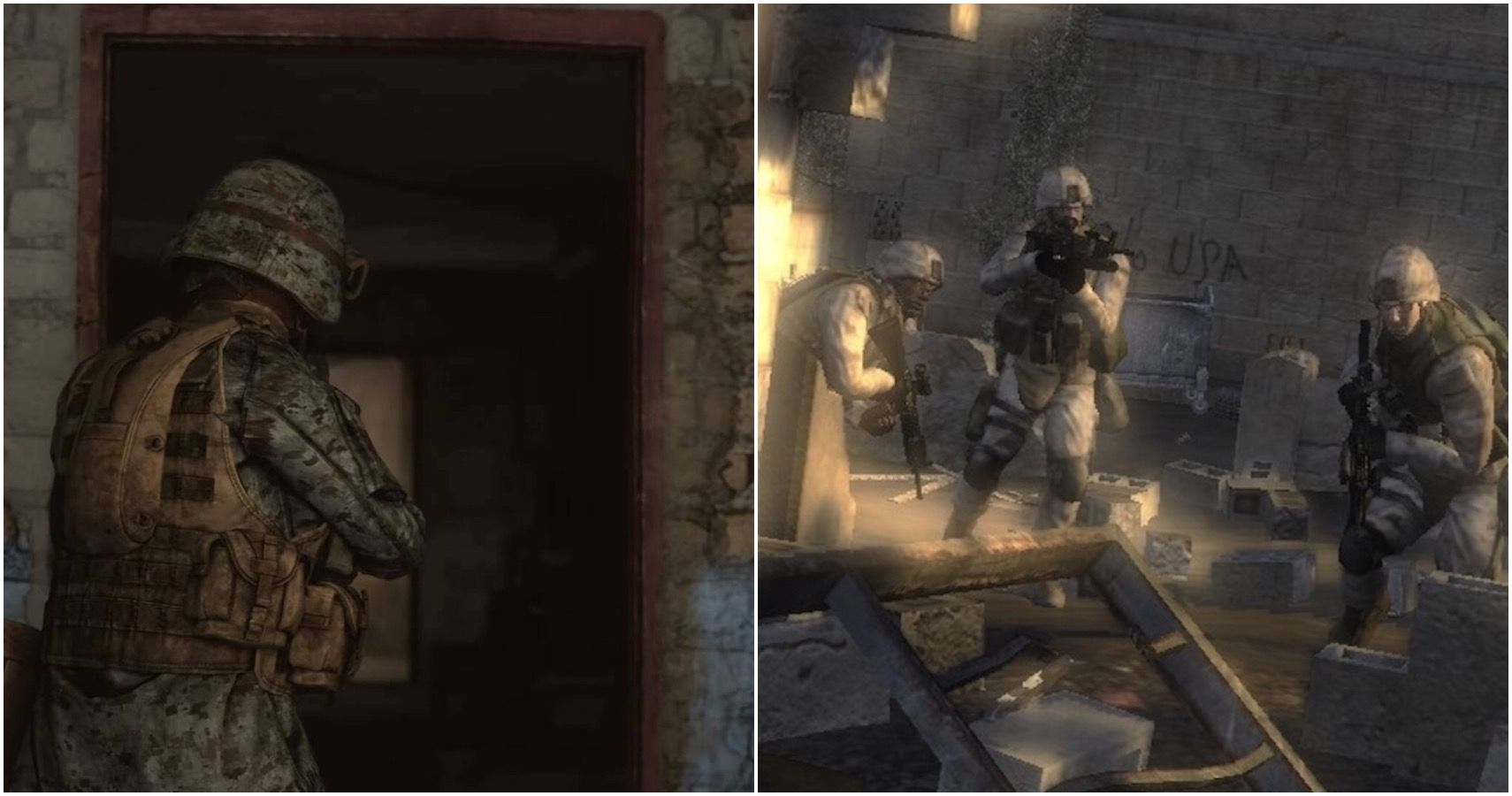
Some people may be hearing a lot of things about a recently announced game called Six Days In Fallujah. The game was initially announced in 2009 before being canceled, so seeing it come back is a huge surprise. Controversy is swirling around the wartime shooter, but why exactly?
Related: 10 Best Tactical Shooters Of All Time, Ranked
Hopefully, the acts about the new military shooter detailed below will shine a light on its story and why its reveal has been polarizing so many gamers. After all, Six Days In Fallujah is far from the first war game to deal with a relatively modern conflict, so why is it any different? After learning a little more, it is easy to see why many have their reservations.
9 It Is Based On A Real Battle
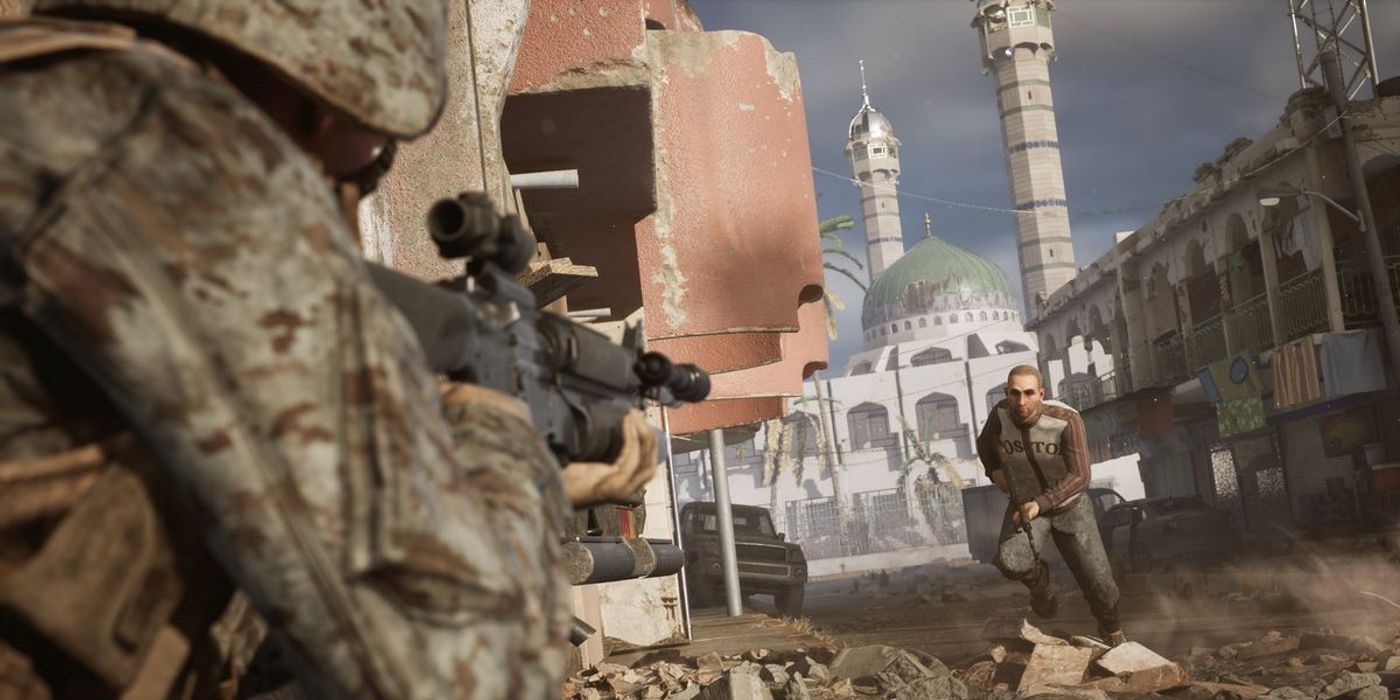
Six Days In Fallujah is set during a real battle in the titular city. Its stated intent is to accurately tell the story of the soldiers who partook in the siege of the city, which saw the death of over 90 American Soldiers. According to the Red Cross, about 800 Iraqi civilians died during the fighting. It is easy to see why turning such a tragedy into a video game would cause controversy.
8 Why Development Started
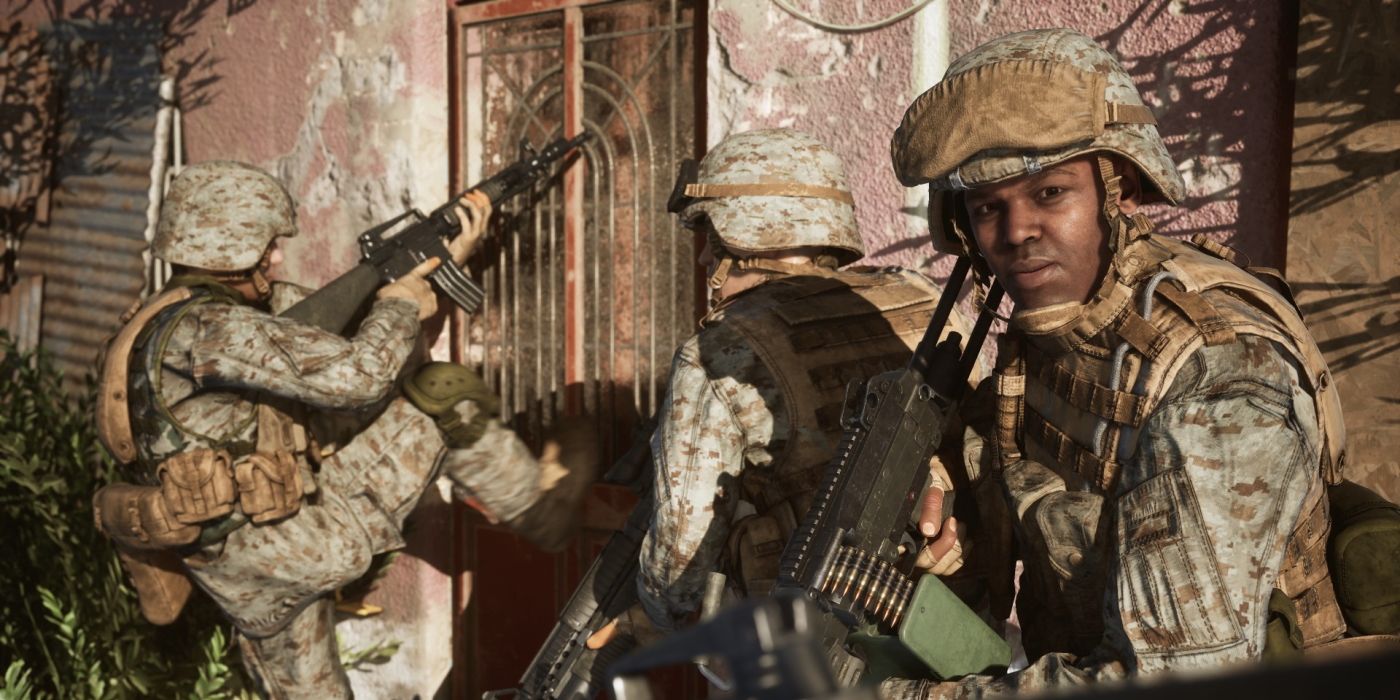
The first incarnation of Six Days In Fallujah started development after a Marine sergeant who had experienced the battle asked game developer Destineer if it had the potential to be a video game. Knowing the idea for the game came from somebody who actually saw combat there lends a degree of credibility to the concept, but this does not mean one has to have faith that it will be an accurate representation of the battle and the historical period, as evidenced by the significant backlash the game has faced.
7 A Dynamic Destruction System
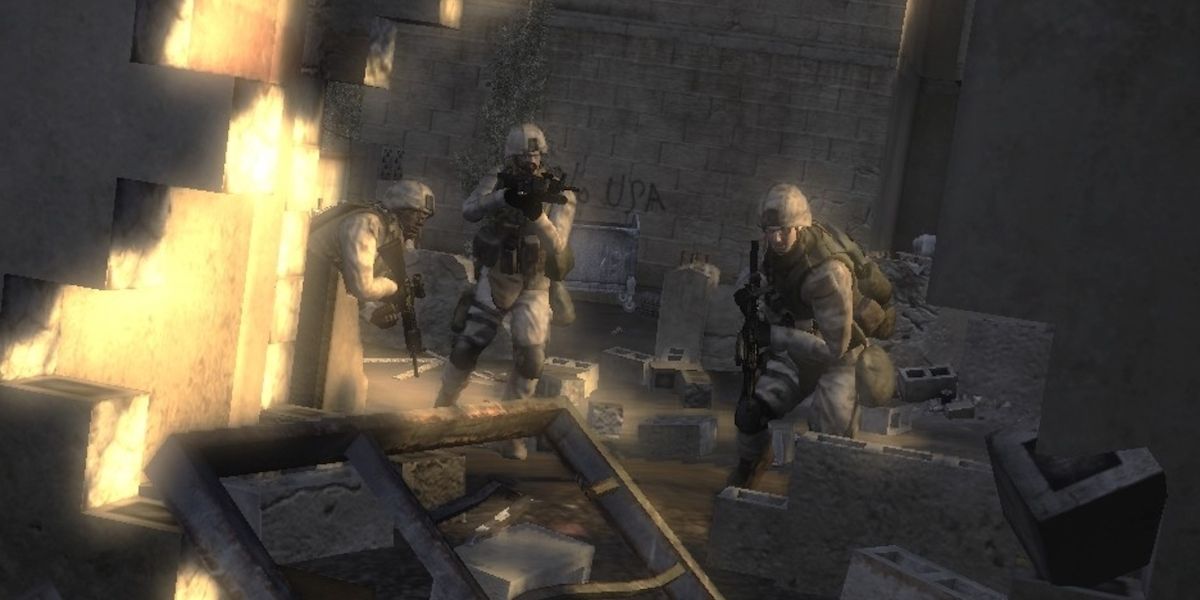
The original game from more than ten years ago was to implement an in-depth system featuring highly destructible environments. This ultimately caused numerous setbacks in development. Few modern games even feature dynamic destructible environments, so it is easy to imagine how hard it was to implement over a decade ago. Notable games with destructible environments are Red Faction: Guerrilla, Stranglehold, and Battlefield. No word on whether the revived project will include this feature, however.
6 Several Publishers Who Almost Picked It Up
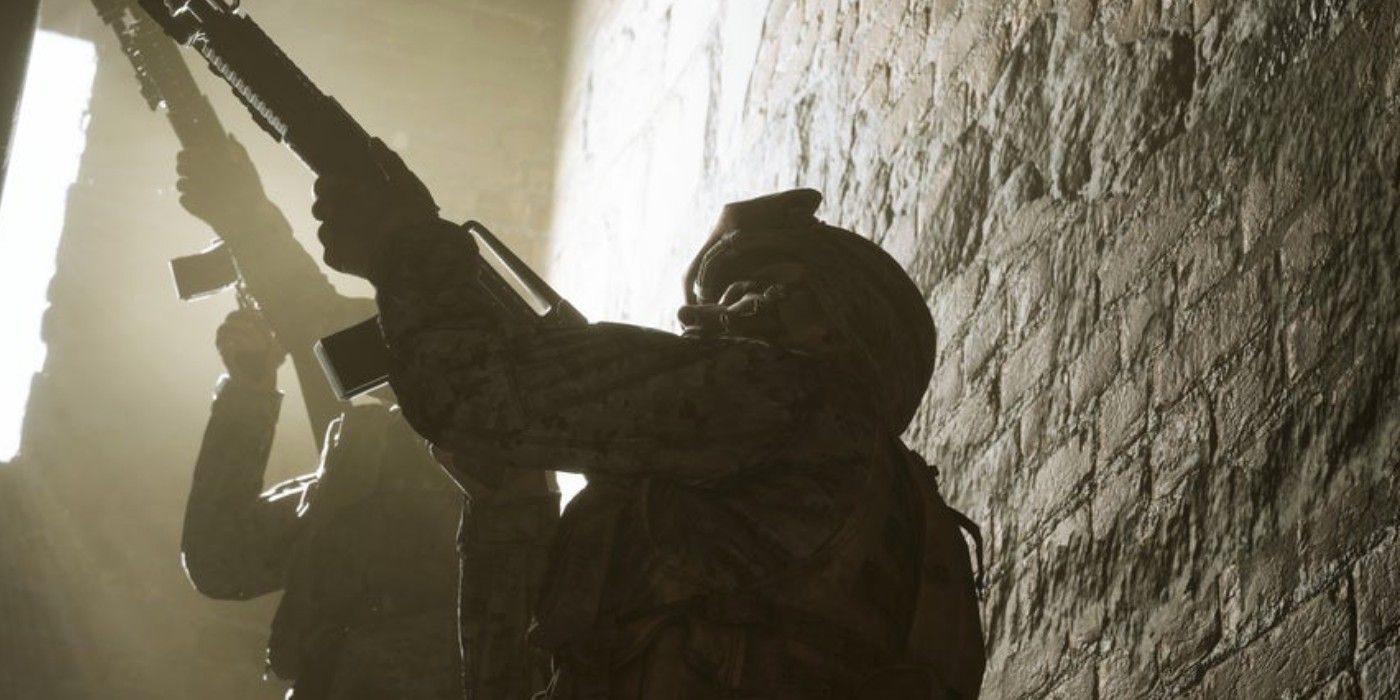
In A Variety Article from 2018, Peter Tamte talks about several publishers he talked to about releasing the game before Konami picked it up. Among them were Electronic Arts and Bethesda.
Related: 10 Best Bethesda Games That Aren't RPGs, Ranked
The first publisher is not surprising, and the article even speculates about it potentially being a Medal of Honor title. The second one is a little more unexpected. The shooters published by them, like Wolfenstein and Doom, are far from the grounded experiences Six Days in Fallujah was going for.
5 Why It Was Cancelled

While it was in development for several years before its reveal and was going smoothly, Konami decided to drop the game anyway. The decision ultimately came from the public backlash following the reveal. The general public felt it was insensitive to depict such a recent conflict in a video game. The medium did not have the same integrity as it did today, and many still do not understand its creative potential. Konami was not ready to support such a controversial title and developers Destineer and Atomic Games failed to find another publisher, dooming the game's prospects.
4 Peter Tamte
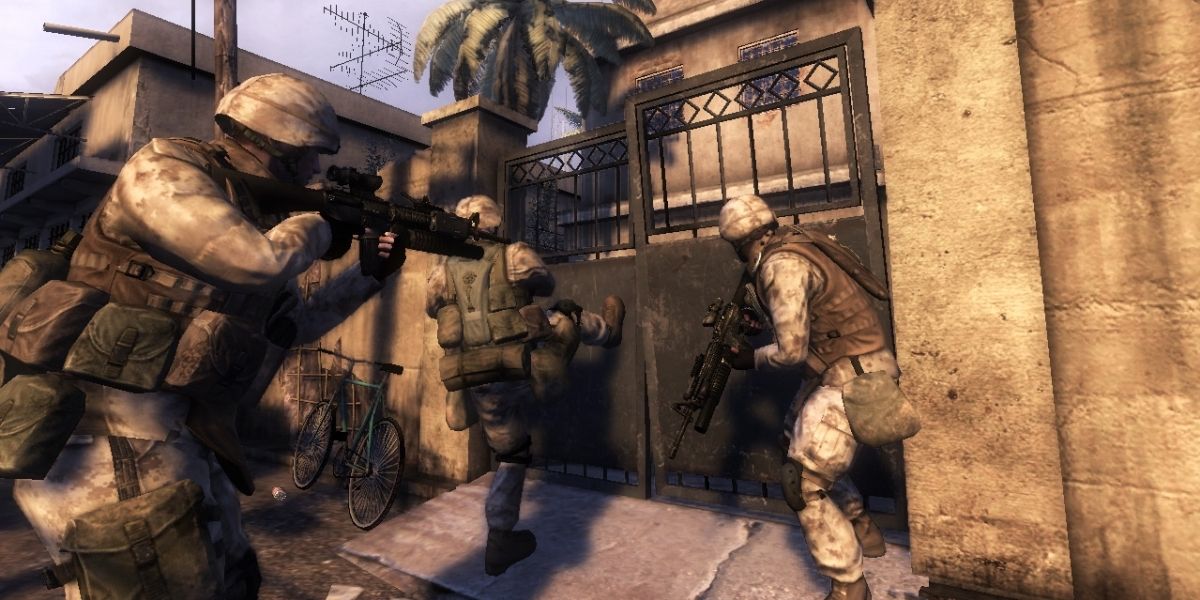
The man out in the open promoting the game and the main reason behind the project's revival is Peter Tamte. He is the founder of Destineer and Atomic games, the two developers who worked on Six Days In Fallujah. Before taking on the military shooter, the developer worked on a project for the CIA and FBI called Judgmental Shooting Simulator for training purposes. Despite this experience, Six Days in Fallujah is not meant for military training.
3 There Will Be No Mention Of White Phosphorous
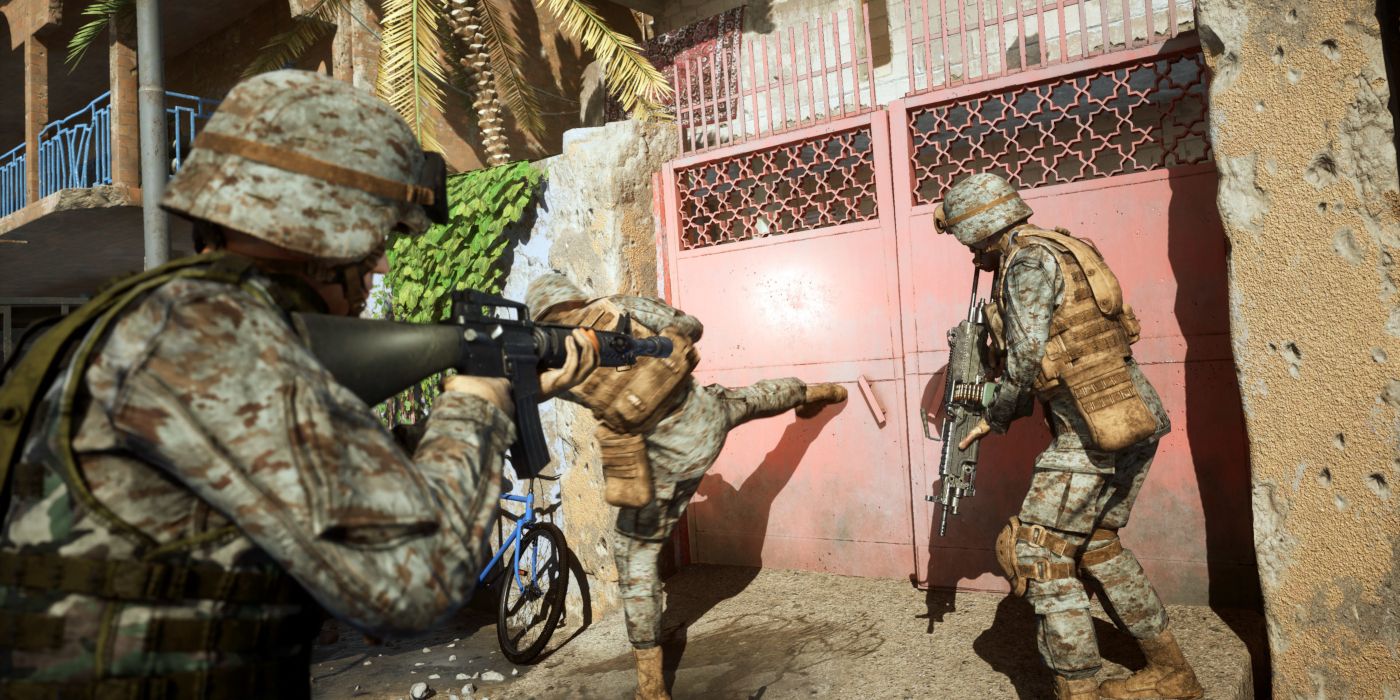
One of the most controversial aspects of the actual battle is the alleged use of White Phosphorous on the city. While the United States denies the allegation, multiple sources, including witnesses, claim US troops did indeed utilize the type of ammunition. However, Peter Tamte says Six Days In Fallujah will not include any mention of the controversial type of ammunition. He wants the game to focus more on the soldiers' stories rather than the political situation surrounding it. This omission especially has caused a significant stir in critical circuits.
2 Developer Prestige
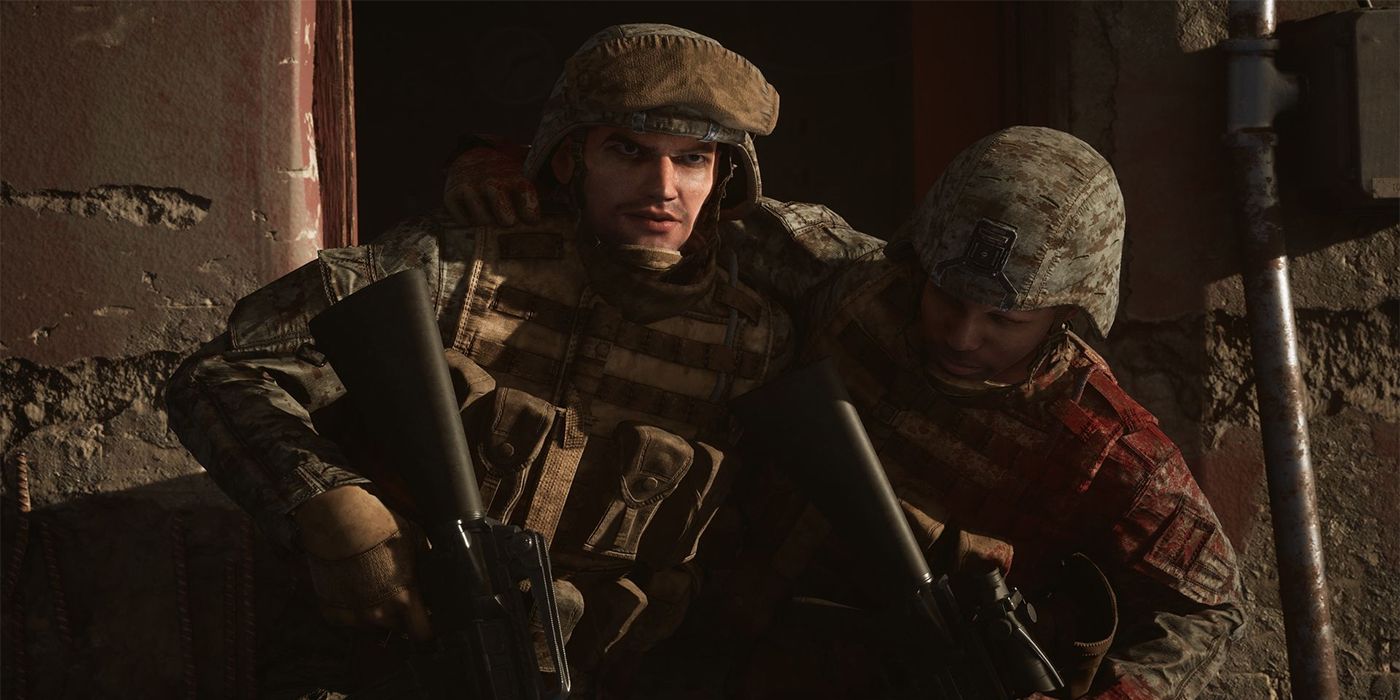
Highwire Studios is tackling the new incarnation of the game. Their only title is the 2019 VR game Golem. A shooter seems like a weird leap, but looking at who makes up the studio makes the genre shift more logical.
Related: 10 Things You Need To Know If You're Just Starting Destiny 2
Former Bungie developers are a part of the team, which includes people who worked on both Halo and Destiny. The studio itself was founded by Martin O'Donnell, the composer of Halo's iconic soundtrack.
1 Interviews With Soldiers And Civilians Are Being Used As Reference
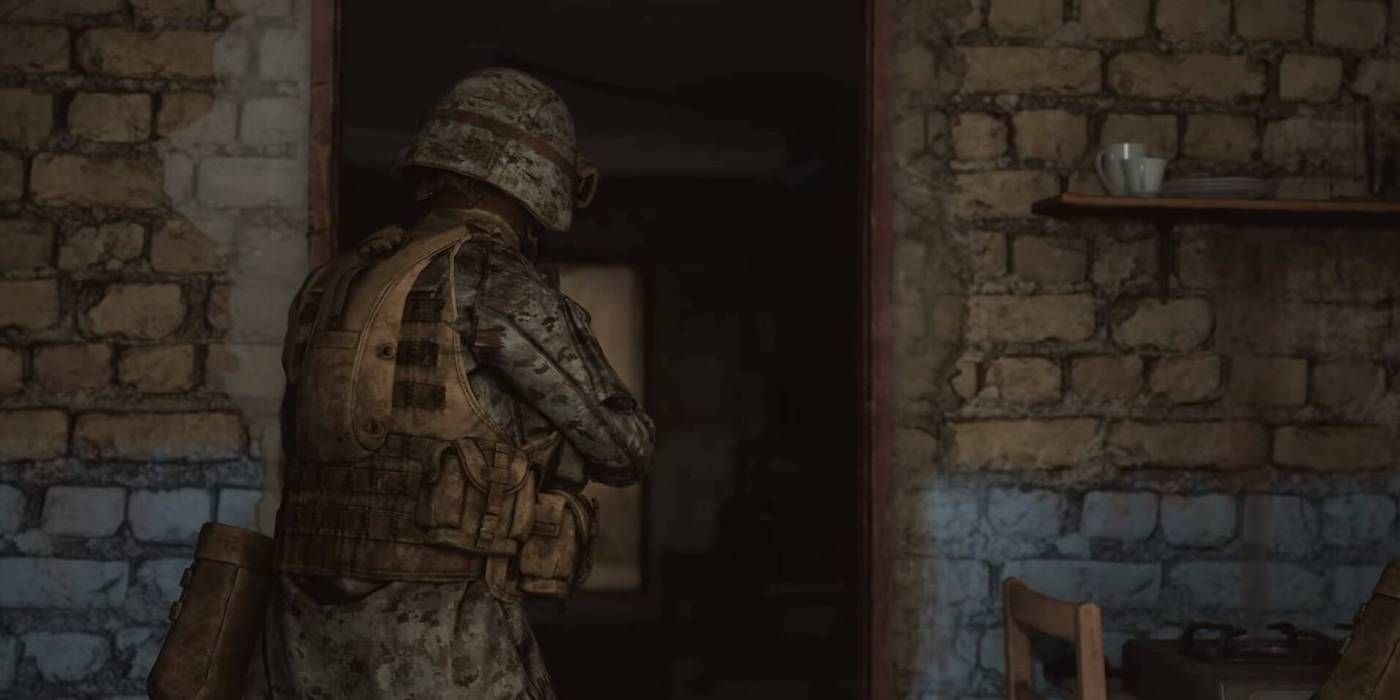
The game's ambition is to deliver a realistic war experience in video game form. To do this, interviews with both soldiers and civilians who lived through the battle are being used to help craft the game. It is said there will also be a gameplay segment following an Iraqi civilian trying to escape the city during the battle. Despite the participation of those who were there, it should be noted that not everyone who experienced the second assault on the city agrees with the game's existence.

